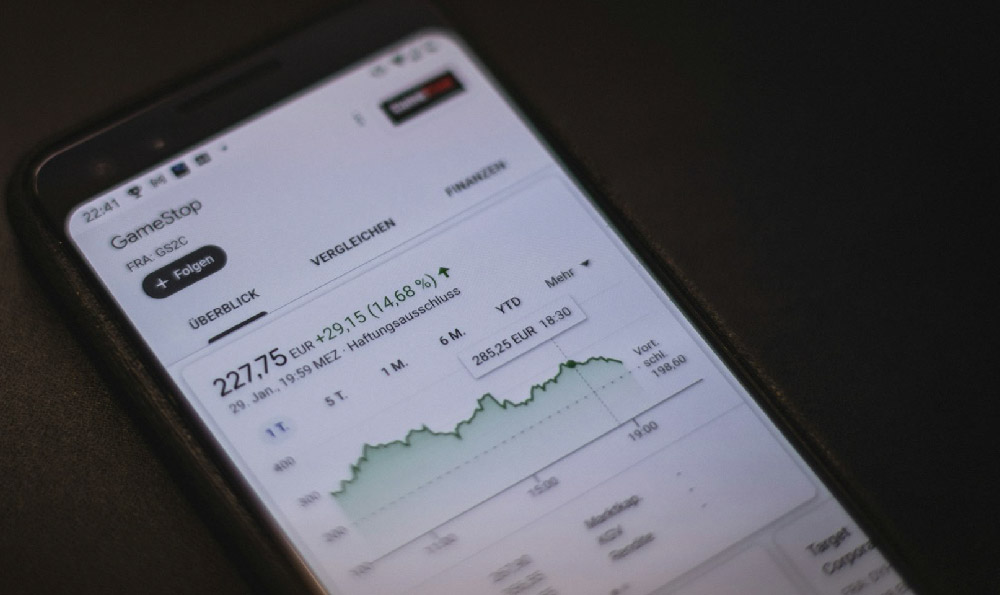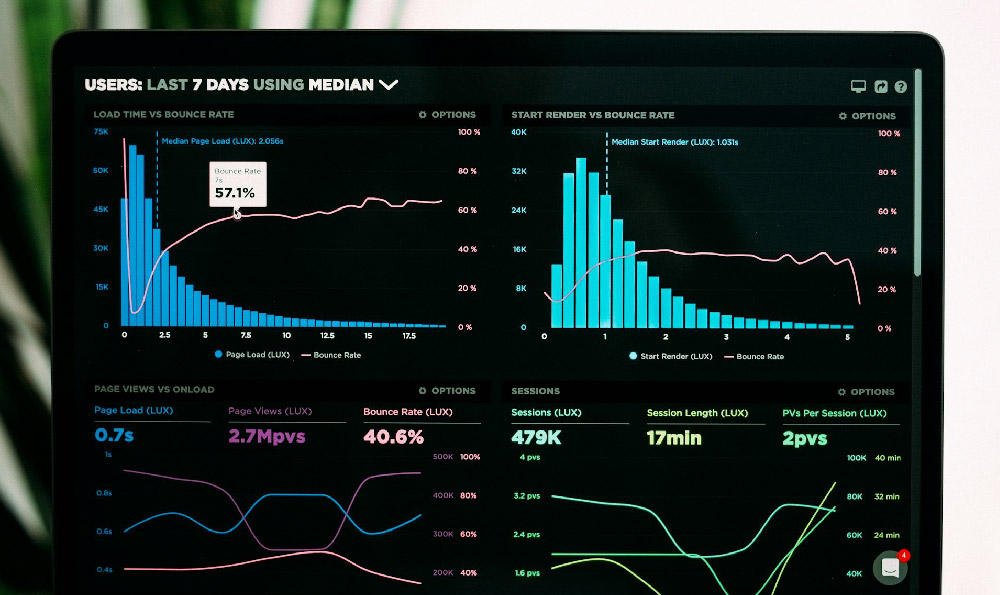Bitstamp Tax Statement: Need It? How to Get Yours Quickly?
Navigating the world of cryptocurrency taxes can feel like traversing a dense jungle, especially when it comes to securing the necessary documentation. If you're a Bitstamp user, understanding the Bitstamp tax statement and how to obtain it efficiently is crucial for compliant and stress-free tax filing. This guide will provide a comprehensive overview of the Bitstamp tax statement, its importance, and the various methods to acquire it, ensuring you're well-equipped for tax season.
Why is a Bitstamp Tax Statement Important?
Cryptocurrencies, including those traded on Bitstamp, are generally treated as property by tax authorities in many jurisdictions. This means that selling, trading, or even using crypto to purchase goods and services can trigger taxable events. Capital gains or losses may arise depending on whether you sold the crypto for more or less than you originally paid for it.

A Bitstamp tax statement serves as a consolidated record of your trading activity on the platform. It summarizes your transaction history, including buys, sells, trades, and withdrawals, which is essential for accurately calculating your capital gains or losses and reporting them to your tax authorities. Without this information, you risk underreporting your income, which could lead to penalties and audits.
Understanding What the Bitstamp Tax Statement Includes
The information contained within a Bitstamp tax statement is designed to facilitate accurate tax reporting. While the exact format and included data points may vary slightly depending on your region and the specific timeframe, it generally encompasses:
- Transaction History: A detailed list of all your crypto transactions, including the date, time, type of transaction (buy, sell, trade, withdrawal), the crypto asset involved, and the corresponding amounts in both crypto and fiat currency.
- Deposit and Withdrawal Records: Records of all your deposits and withdrawals to and from your Bitstamp account, specifying the amounts and dates.
- Account Summary: A summary of your account activity, providing an overview of your trading volume and profits/losses (although this section might not directly calculate your taxable gains, it provides a valuable overview).
- Personal Information: Your account information, including your name, address, and other identifying details, which ensures accurate identification of the taxpayer.
How to Obtain Your Bitstamp Tax Statement Quickly
Bitstamp typically offers several methods to access your tax statement, catering to different user preferences and technical abilities. Here's a breakdown of common approaches:
-
Direct Download from the Bitstamp Platform: This is usually the most straightforward method. Log in to your Bitstamp account and navigate to the "Reports" or "Tax Center" section. You should find options to generate and download your tax statement for specific tax years. The statement is often available in a downloadable format such as CSV or PDF. Make sure to select the correct tax year before generating the report.
-
API Integration with Crypto Tax Software: For users who prefer a more automated approach, Bitstamp often supports API integration with popular crypto tax software. This allows the software to directly pull your transaction data from Bitstamp, automatically calculate your capital gains or losses, and generate the necessary tax forms. Popular crypto tax software includes CoinTracker, CryptoTrader.Tax, and ZenLedger. Check the specific software's documentation for instructions on how to connect your Bitstamp account via API.
-
Manual Data Export and Import: If API integration isn't your preference, you can typically export your transaction history from Bitstamp in a CSV format. Then, you can import this data into your chosen crypto tax software or spreadsheet for manual calculation. This method requires more manual effort but provides greater control over the data.
-
Contacting Bitstamp Support: If you encounter any difficulties accessing your tax statement through the platform, reaching out to Bitstamp's customer support is always an option. They can guide you through the process or provide the statement directly. Be prepared to verify your identity to ensure the security of your account.
Tips for a Smooth Tax Filing Experience with Bitstamp Data
-
Start Early: Don't wait until the last minute to gather your tax information. Start early to allow ample time for data collection, reconciliation, and calculation.
-
Reconcile Your Data: Carefully review your Bitstamp tax statement and compare it to your own records. Identify and resolve any discrepancies to ensure accuracy.
-
Choose the Right Tax Software: Select a crypto tax software that supports Bitstamp integration and aligns with your level of technical expertise.
-
Consult with a Tax Professional: If you're unsure about any aspect of crypto tax reporting, seek guidance from a qualified tax professional who is familiar with digital assets. They can help you navigate complex tax rules and ensure compliance.
-
Keep Detailed Records: Maintain thorough records of all your crypto transactions, including purchase prices, sale prices, dates, and any associated fees. This documentation will be invaluable in case of an audit.
Avoiding Common Crypto Tax Pitfalls
-
Ignoring Small Transactions: Even seemingly insignificant crypto transactions can trigger taxable events. Be sure to report all your transactions, regardless of size.
-
Forgetting About Airdrops and Forks: Airdrops and forks, where you receive new crypto tokens for free, are generally considered taxable income.
-
Neglecting DeFi Activities: Decentralized finance (DeFi) activities such as staking, lending, and yield farming can generate taxable income.
-
Not Tracking Cost Basis: Accurately tracking the cost basis (original purchase price) of your crypto assets is essential for calculating capital gains or losses.
By understanding the importance of the Bitstamp tax statement, knowing how to obtain it quickly, and following best practices for crypto tax reporting, you can navigate the complexities of crypto taxes with confidence and ensure compliance with all applicable regulations. Remember that seeking professional advice from a tax expert can provide personalized guidance tailored to your specific circumstances.















